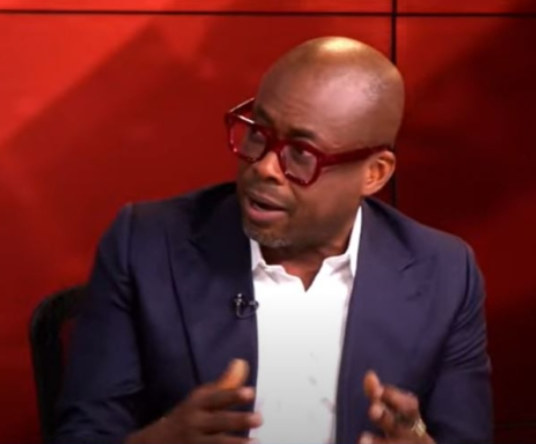The host of Good Evening Ghana on Metro TV, Paul Adom-Otchere, says the government’s anti-corruption initiative, Operation Recover All Loots (ORAL), is struggling because proving corruption in court is far more difficult than making allegations on a political platform.
According to him, while politicians often brand opponents as “thieves” during campaigns, the high evidential standard required in court makes convictions much harder to secure.
“The plan of the politicians, when they want to win power, is to just come and tell us somebody is a thief. ORAL is struggling, and ORAL will struggle, because the basis to prove a thief in court is far more difficult than on the campaign platform. When you flag somebody’s name and say that he’s a thief, that’s easy. So ORAL must come and begin to admit,” Adom-Otchere said in an interview on JoyNews’ The Pulse on Thursday, September 11.
He further noted that the Attorney-General appears to be prioritising plea bargaining in corruption prosecutions, a strategy that has raised eyebrows among legal experts.
“It seems to be the first thing he’s talking about, and all the lawyers are wondering. So people must come and plea bargain when they say they haven’t stolen?” he questioned.
Adom-Otchere clarified that acquittals in corruption cases do not necessarily mean the accused are innocent but rather that prosecutors failed to meet the high burden of proof.
“The standard of proof is 100 per cent, beyond a reasonable doubt. If you establish 95 per cent, the courts will still not convict,” he emphasised.
He also contrasted Ghana’s political climate with that of advanced democracies, where politicians rarely accuse opponents of theft. Citing an example, he recalled how former British Prime Minister Tony Blair was quietly questioned by police during an investigation without creating a public scandal.
Adom-Otchere blamed Ghana’s political class for what he described as a “lazy culture” of relying on corruption allegations to discredit rivals during campaigns, which in turn creates enormous pressure on successive Attorneys-General.
Source: Emma Ankrah



